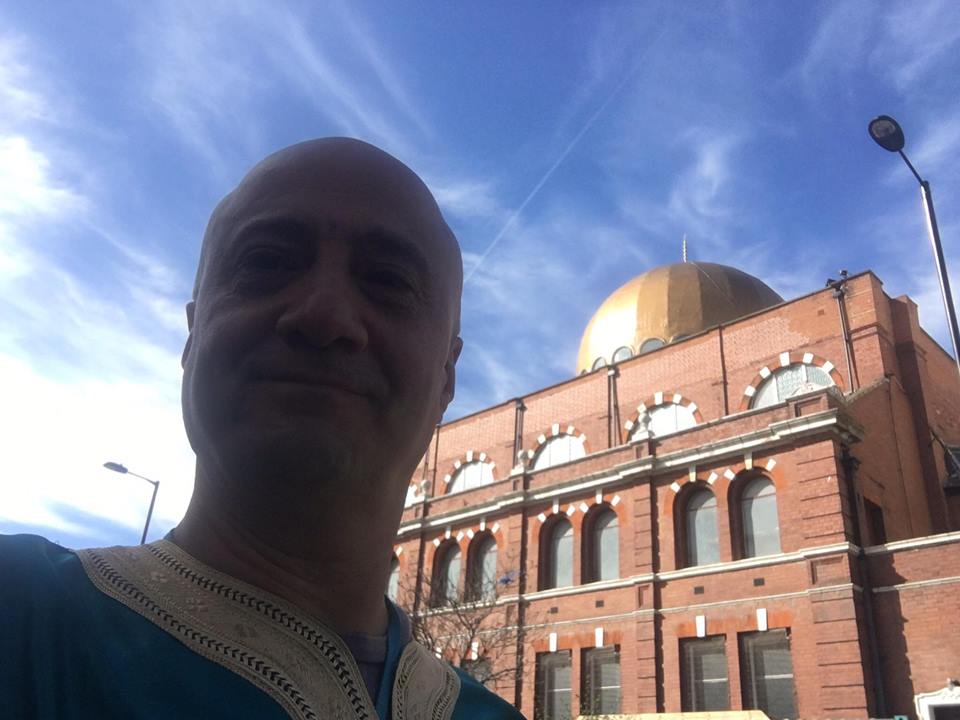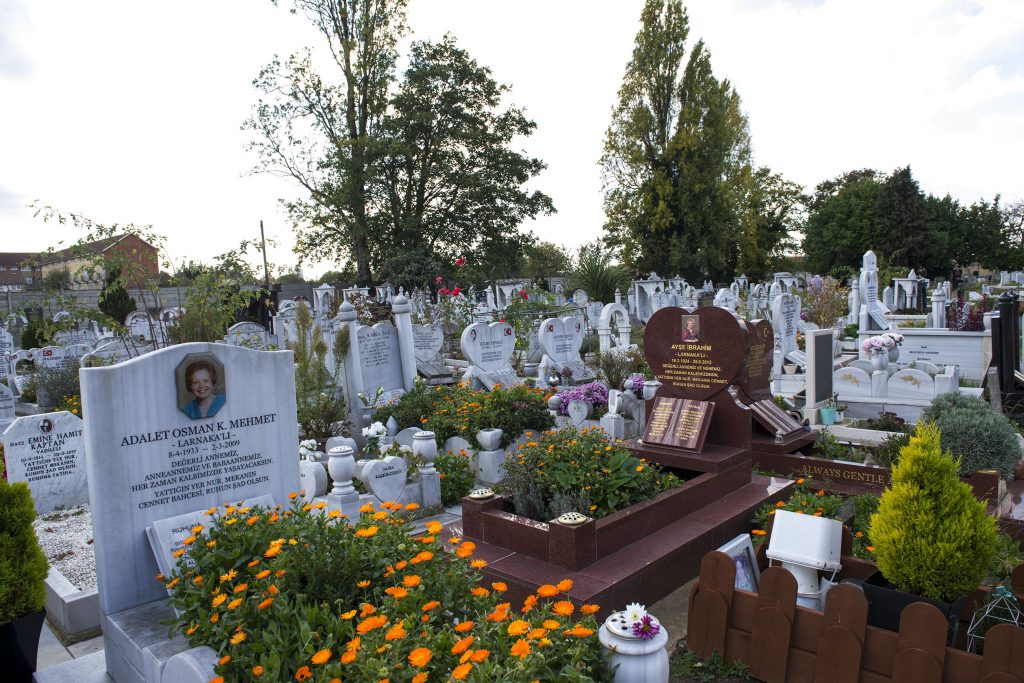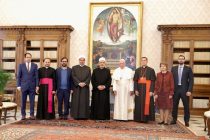Few of us want to talk about death much less plan for it, and yet its inevitability means at some point in our lives we are all likely to have to deal with the funeral arrangements for a loved one.
For Muslims, the Islamic code requires a whole burial. However, the rising cost of buying a plot in Britain (starting at £4,000) and other expenses, such as the funeral itself and a headstone, can see families fork out between £7,000 and £10,000 for quite modest arrangements.
Erkin Guney, the chairman of the UK Turkish Islamic Trust (UKTIT) and Shacklewell Lane Mosque – the UK’s first Turkish-owned mosque – remarks that “few people have £10,000 to spare when alive, let alone when they’re dead.”
He believes it’s a major reason why British Turks are increasingly looking to bury their relatives abroad, which can see costs drop by at least a half.
“A person being buried in North Cyprus will cost around £3,000. This includes the embalming and standard coffin, repatriation, airport transfers, a local burial plot, and funeral costs,” said Mr Guney.
“Few people have £10,000 to spare when alive, let alone when they’re dead”
Yet the process for repatriating the deceased can be bewildering, especially for families still in shock at the loss of a loved one.
With over forty years’ experience of burials in Britain, and repatriation to Cyprus and Turkey, as well as elsewhere in the world, UKTIT is well-placed to compare the two options. The chairman describes the steps involved:
“The starting point for both is the same: you need to obtain the medical cause of death, which in turn enables you to register the death formally with your local Registry Office. There is no charge for this, but there is a small fee (around £11) for each death certificate you require.
“You will also require a release form, so your undertaker can collect the body and prepare it for burial. The forms are different depending on whether the person will be buried in Britain or abroad.”
Muslim burials should be undertaken quickly, and many Registry Offices and Coroners are sensitive to this. However, there is no fast track for those being buried abroad.

“If you are planning to repatriate the deceased, they must be embalmed. You will also require a certificate stating the body is ‘free from infection’. The latter is usually something the medical registrar provides alongside the medical cause of death certificate – you need to ask them for this though as they will assume the person is being buried in the UK unless told otherwise,” explains Mr Guney.
“You then need to obtain the relevant paperwork from the Coroner’s Office, which must be satisfied with the cause of death. If they feel no further investigation is needed, they will consent to the body being taken abroad. Working with experienced funeral directors like UKTIT helps as they understand the formalities and have the contacts to process this as quickly as the law allows,” he continues.
“Organising a funeral in another country can be daunting because there are different procedures and sometimes a language barrier to overcome too. When families contact us wanting to bury their loved ones ‘back home’, we will oversee all aspects. We book the flights for the deceased, prepare all the paperwork and contact the relevant authorities abroad, so the body can be received and transported to the cemetery the family have requested. We can’t process payments for local costs, such as burial plots and local transfers, but we can advise and help make all the necessary arrangements.
“While people naturally want their loved ones to be buried close by, so they can visit them easily, they do also baulk at the huge costs of a UK burial. At UKTIT, we’ve seen a significant rise in those wishing to be buried ‘back home’, especially for those who were born in Cyprus and Turkey. But given the rising costs of British funerals, being buried abroad is also becoming a consideration for second and third generation Turkish and Turkish Cypriots,” he added.
If you have any questions or would like some advice about burials, Mr Guney and his team would be happy to help. You can contact them by phone (020 7249 2244 / 07836 338766 / 07900 161079), or by email info@ukturkishislamictrust.co.uk, or simply pop down to Shacklewell Lane Mosque.
Main image, top, of Tottenham Park Cemetery, Nov. 2018. Photo © Hall Yetkinlioglu





